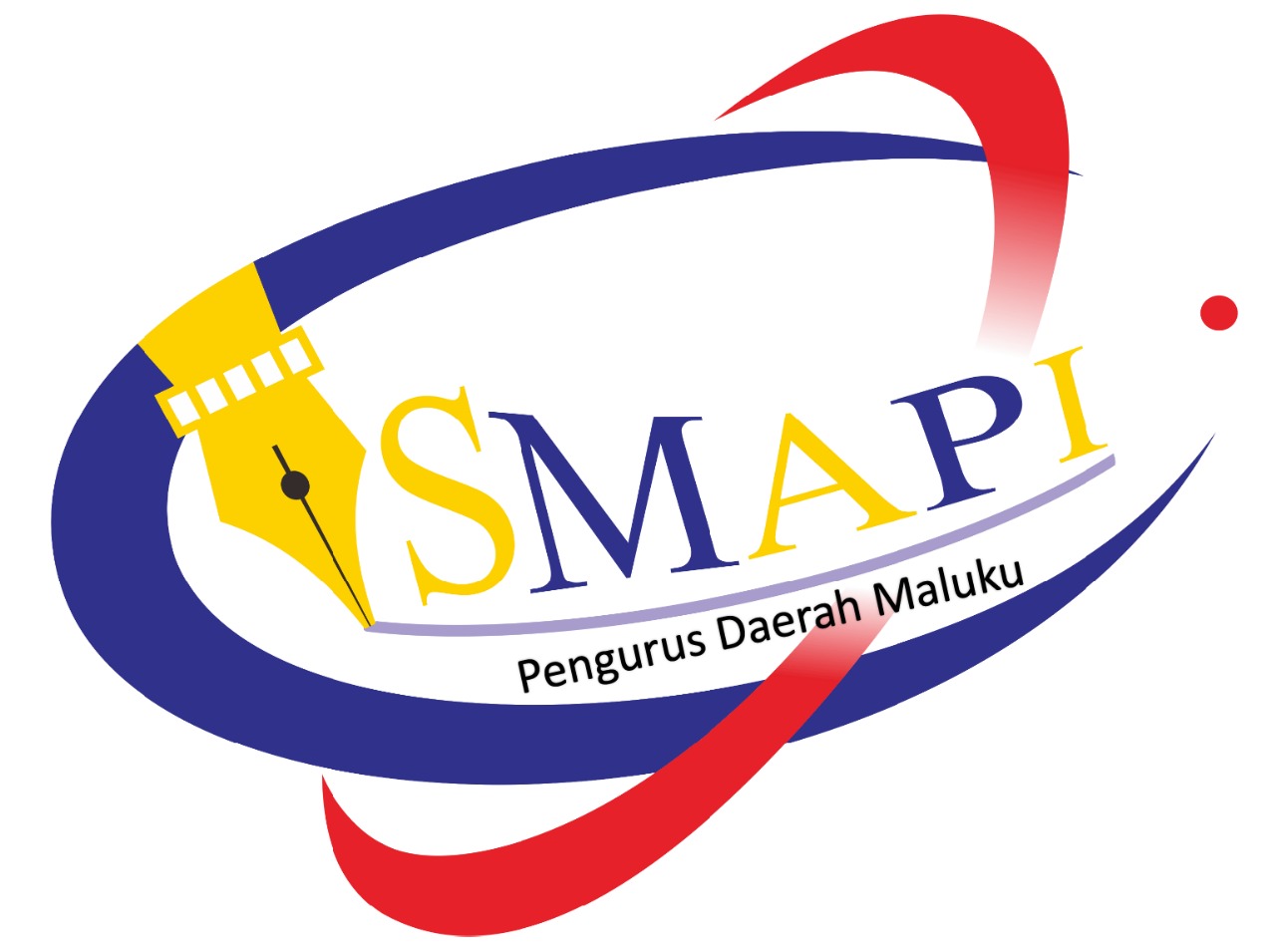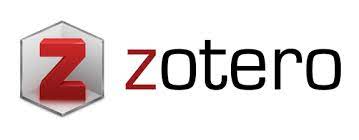User Menu
About the Journal
EDUCATIONE: Journal of Education Research and Review (e-ISSN: 2986-2183) is a peer-reviewed academic journal that provides a platform for publishing high-quality articles in the fields of education, educational technology, curriculum, learning, pedagogy, and other education-related topics. The journal welcomes submissions that contribute to the advancement of theory, practice, and policy in the field of education.
The journal is published by CV. Totus Tuus in collaboration with the Indonesian Association of Educational Management Scholars (ISMAPI) Maluku. It has been published regularly twice a year (January and July) since its inception. EDUCATIONE: Journal of Education Research and Review is accredited as SINTA 4 by the Ministry of Education, Culture, Research, and Technology of the Republic of Indonesia (Decree No. 10/C/C3/DT.05.00/2025 on the Accreditation Ranking of Scientific Journals, First Period of 2025).
In addition, the journal is indexed in several international databases, including SINTA, GARUDA, CrossRef, Dimensions, Google Scholar, Copernicus, and ROAD, ensuring broader dissemination and increased global visibility of its published articles. If you would like to publish your article in our journal, please submit your manuscript via the following link:
https://iiesecore.com/ojs/index.php/educatione/about/submissions
Important Note: Articles are eligible for Free Article Processing Charges (APC) if submitted by authors affiliated with at least three different countries (excluding Indonesia).




















